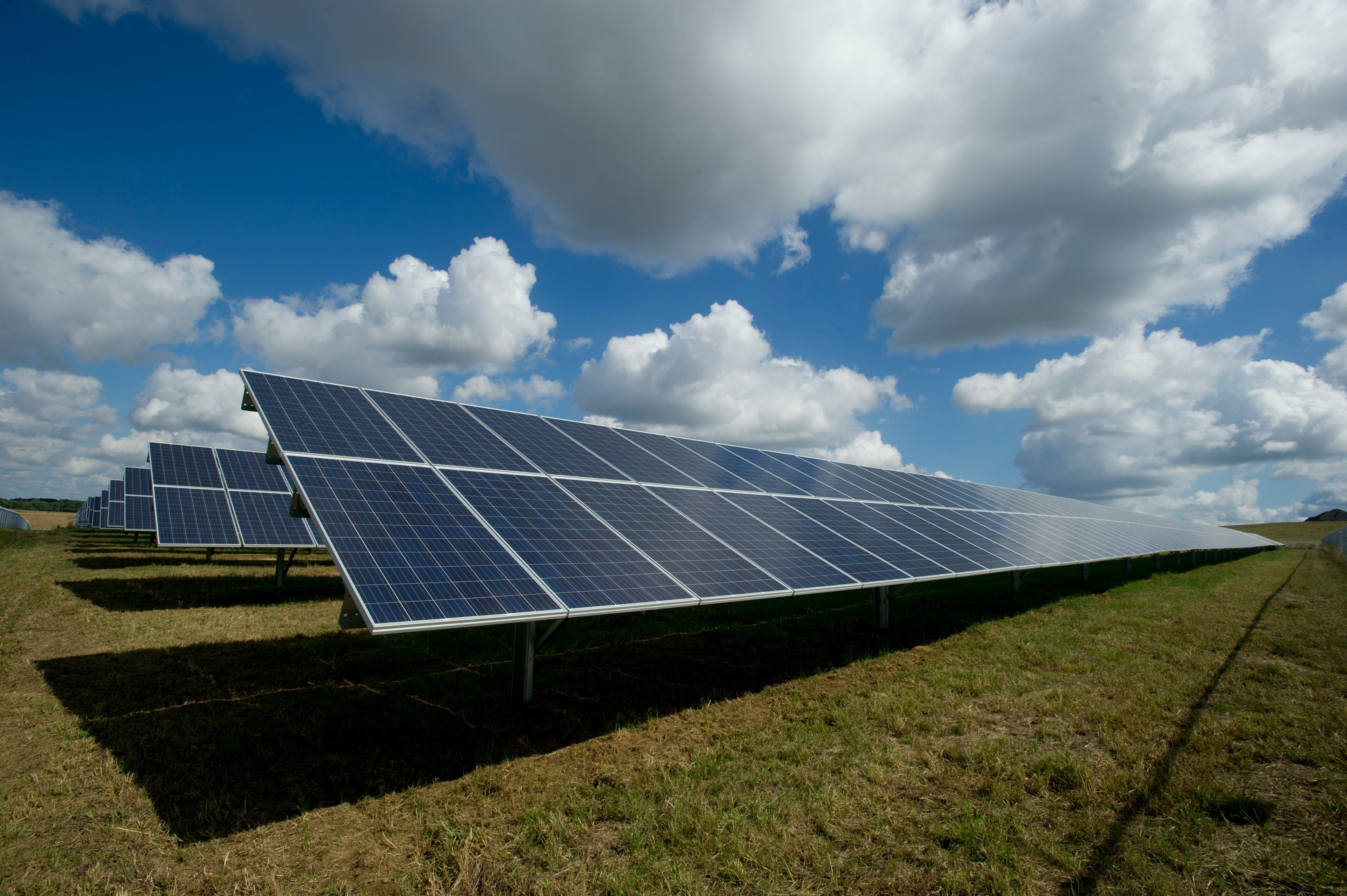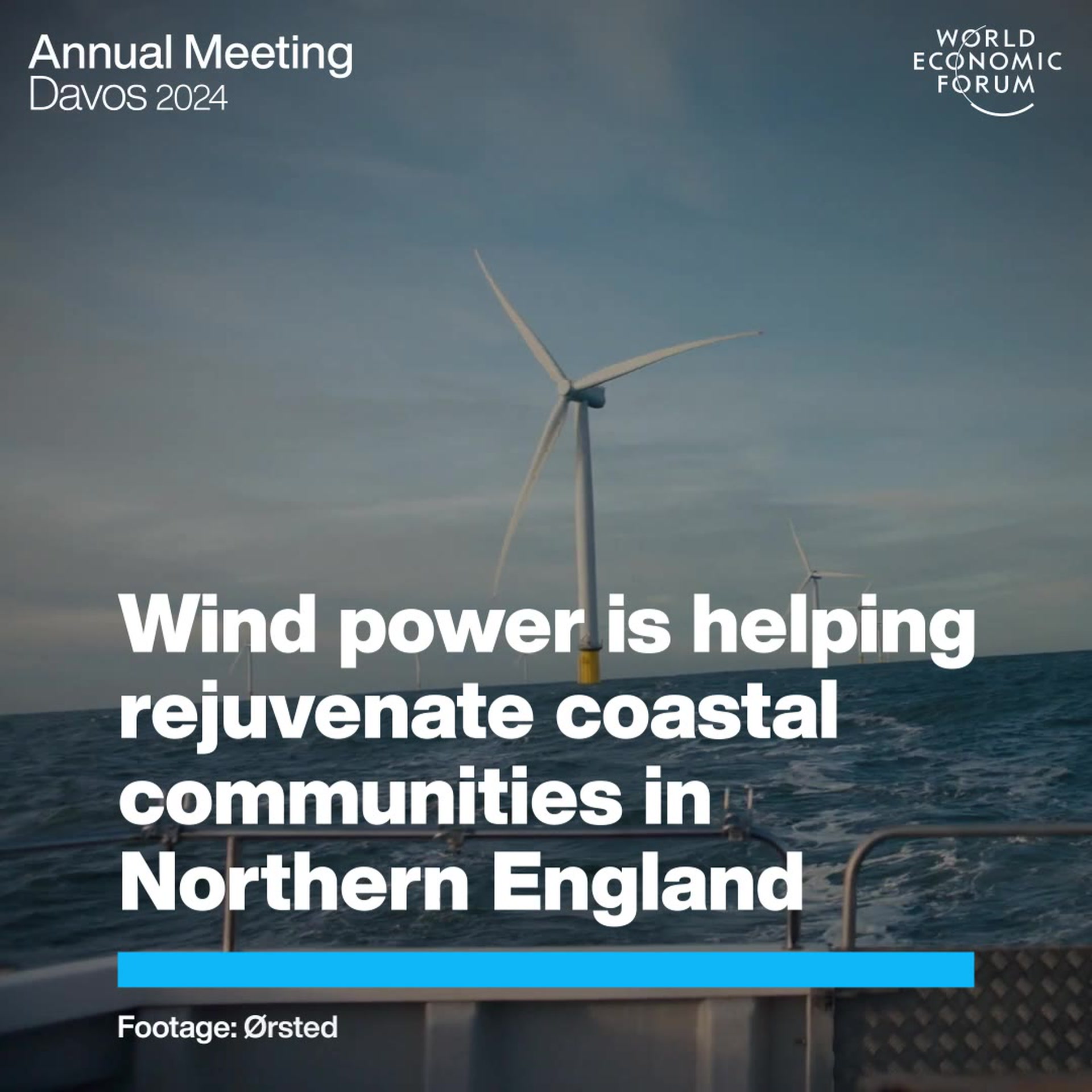A new approach to scaling up renewable energy in emerging markets

Solar energy has emerged as a key solution to scaling up renewable energy percentage in the energy mix. Image: REUTERS/Philimon Bulawayo

Get involved with our crowdsourced digital platform to deliver impact at scale
Stay up to date:
Electricity
- A new, standardized approach to renewable energy procurement could help in scaling up renewable energy projects in developing economies.
- An innovative programme, developed by the World Bank, aims to make clean energy projects more attractive to governments and investors.
- This approach has already driven solar PV prices down to just a few cents in Africa and beyond.
Nearly 840 million people live without electricity in the world today, and the global demand for energy is only growing. Without more sustained and strengthened action, 650 million people will have no power within the next decade. With the world going through an unprecedented pandemic, providing affordable energy to the unserved population is even more critical for saving lives, powering health facilities and keeping people connected at home in the short term - and also to enable recovery of the markets in the mid-term.
Scaling up renewable energy
The World Economic Forum (WEF) Global Future Council (GFC) on Energy aims to support an accelerated transition and universal access to sustainable energy. The GFC has identified four accelerators of energy access. This blog illustrates how innovative and standardized approaches can play a critical role in addressing this huge challenge, as highlighted in the GFC's energy access work.
Renewable energy, and especially solar power, has emerged as one of the key solutions for reaching underserved populations, improving access to clean and affordable energy, and ensuring a sustainable energy future.
Utility-scale solar photovoltaic (PV) power generation is developing rapidly around the world, and costs have fallen significantly in large markets in Europe and North America. In emerging markets, the uptake of solar PV takes longer because it is difficult to attract larger and more experienced developers. Compared with other regions, the existing political and credit risks have greatly increased prices.
At the same time, there is a huge demand for innovative solutions for scaling up renewable energy in emerging markets. These could eliminate the need for governments to negotiate projects one-by-one and provide confidence to investors in the most challenging markets. It is now time to help emerging market countries leapfrog and promote their solar PV development. The question is how to do this in the most efficient, transparent and effective manner to improve access to clean, affordable energy in the most underserved communities.
One way is through a packaged solution that offers tools and templates to governments that have proven to work in similar contexts. Learning from South Africa's experience of lowering solar tariffs through several rounds of tenders, a simple question arises: How can we replicate this success across Sub-Saharan Africa and smaller markets in low-income countries around the world?
IFC, a member of the World Bank Group (WBG), has designed a programme to introduce various tools and services from across the WBG to make procuring solar through independent power producers easier and more affordable for both governments and private investors. This one-stop-shop process includes solutions such as providing advice to governments, a standardized tendering process, competitive financing and insurance, risk management and credit enhancement tools. A single mandate signed by a government can include all or part of the technical, financing and guarantee products that these institutions provide.
This programme's approach is unique because:
1. It de-risks projects, which delivers lower tariffs. Fully prepared projects with standardization and balanced contracts lower the development risk, pre-arranged financing packages lessen the closing risks, while World Bank and Multilateral Investment Guarantee Agency insurance and guarantee products all lower the payment risk.
2. It streamlines processes. Fully developed templates can be quickly tailored to local needs, thereby scaling up renewable energy by reducing project times and costs.
3. It achieves economies of scale. Delivering a standard approach across multiple projects creates a single, ‘virtual’, large-scale market that gives the largest and most experienced global solar developers the confidence to enter emerging markets.

How countries are using this new approach for scaling up renewable energy?
The first such 'scaling solar' auction in Zambia reached the lowest solar tariff in Sub-Saharan Africa at the time. The Bangweulu solar power project is now operational. It was inaugurated in March 2019, making it the country’s first large-scale solar plant. A total of 27,000 homes have been supplied with electricity from the project based on the country’s average power consumption per capita.
The tariffs secured in Zambia sent shockwaves through the African continent. Governments noticed and reconsidered their approaches, and bidders quickly adjusted the tariffs in question to reflect new market realities.
This approach clearly disrupted the market as intended and adjusted assumptions amongst developers, exposing those offering higher tariffs via unsolicited bids elsewhere in Africa to increased scrutiny from their government counterparts. At the same time, the market has been energized – there has been a pick-up in solar PV development with these solutions advancing in Senegal, Madagascar, Cote d’Ivoire, Togo, Uzbekistan and Afghanistan.
A July 2019 solar PV tender in Senegal set a new benchmark for the region. With prices under 4 cents per kilowatt-hour (kWh), solar energy will become Senegal’s cheapest energy source. In October 2019, Uzbekistan became the first country outside the African continent to use this approach successfully, leading to a competitive price of 2.7 cents per kWh.
What's the World Economic Forum doing about the transition to clean energy?
To date, all authorizations signed using this approach represent more than 1 GW of new solar power generation under development, and private sector investment is expected to exceed $1 billion.
Financing the infrastructure and services needed to meet the Sustainable Development Goals will require extensive public and private investment. But it requires more than just money. It needs a pipeline of well-designed and bankable projects that governments, investors, and development partners can get behind to deliver the infrastructure needed to boost economies and create opportunities. Standardized approaches are helping to build affordable renewable energy pipelines. The next stage is looking at how to include energy storage in these projects to deliver more sustainable energy where it is most needed.
Learning from the IFC standardized approach experience in scaling up renewable energy and driving down tariffs, what’s the next innovative approach for resolving the bottlenecks to sustainable development financing?
Don't miss any update on this topic
Create a free account and access your personalized content collection with our latest publications and analyses.
License and Republishing
World Economic Forum articles may be republished in accordance with the Creative Commons Attribution-NonCommercial-NoDerivatives 4.0 International Public License, and in accordance with our Terms of Use.
The views expressed in this article are those of the author alone and not the World Economic Forum.
Related topics:
The Agenda Weekly
A weekly update of the most important issues driving the global agenda
You can unsubscribe at any time using the link in our emails. For more details, review our privacy policy.
More on ElectricitySee all
Francisco Laverón, Randolph Brazier, Natalia Zabolotnikova and Xabier Mugarza Zorriqueta
March 26, 2024
Johnny Wood
February 8, 2024
Cristen Hemingway Jaynes
February 5, 2024
Jamie Wylie and Adrienne Gibbs
January 18, 2024
January 17, 2024







